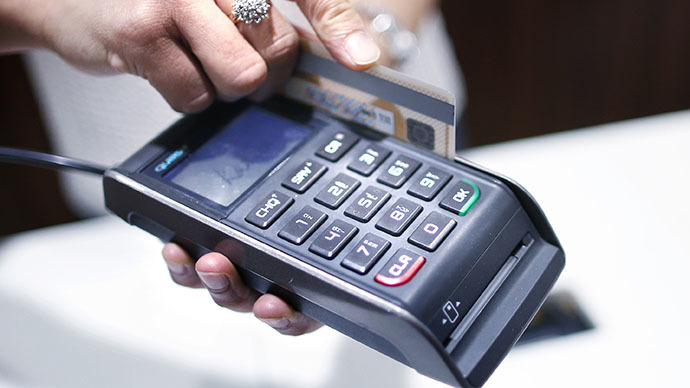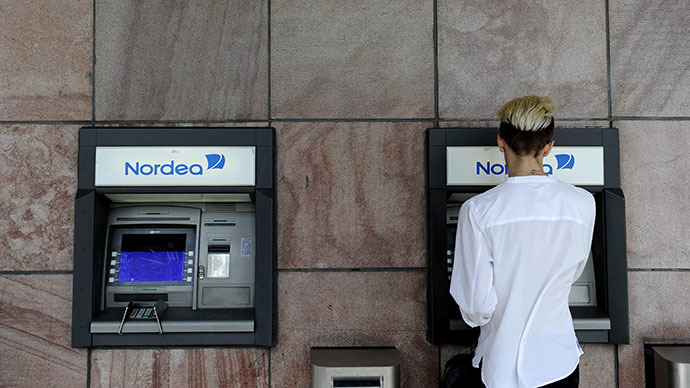Norway may become ‘cashless country’ by 2020

One of Norway’s leading financial confederations has said the country should be cashless by 2020. Currently, cash is used in only five percent of Norwegian transactions. However, critics say people should be able to buy things without a ‘trace’.
Finans Norge – which represents 200 financial institutions and
financial groups active in the country – has advocated the
complete elimination of cash-based transactions in Norway,
stating that a no-cash policy could prevent problems with
financial crime, robberies and ‘black money’.
“Cash now represents such a small proportion of payments in the
society, that we could well do without it,” said a statement
published on the Finans Norge website on Monday.

The confederation pointed out that there was an 8.6 percent
growth in card use in the first half of this year, that
Norwegians have been taking out increasingly less cash from ATMs
and shops, and that “it costs society a lot to handle
cash.”
Finans Norge additionally points out that cash is used in only
five percent of transactions in Norway with only Sweden and the
UK having a lower level of cash usage than Norway.
However, critics and privacy advocates stated that the total
elimination of cash could have disturbing implications for
individuals’ privacy. “It must be possible to be able to pay
for goods and services without registering,” Guri Melby of
the Liberal (Venstre) party told Norway’s ‘News in English’
website.
“We also think it is naive to believe that crime disappears
by removing cash,” said Melby. “We already see today
that crime is moving to new areas. There is just as much fraud of
bank cards and electronic payment methods, and we also see new
payment methods, like for example Bitcoin, pop up.”
“The opportunity for crime and fraud does not depend on what type
of payment methods we have in society.”
The Norwegian Data Protection Authority – Datatilsynet – has also
spoken out, saying that it is important that people can make
purchases without an electronic trace being left behind them.
“From a policy perspective, it is primarily a concern that
you cannot pay for anything anonymously,” Bjørn Erik Thon
from Datatilsynet told the Norwegian Broadcasting Corporation
(NRK).














